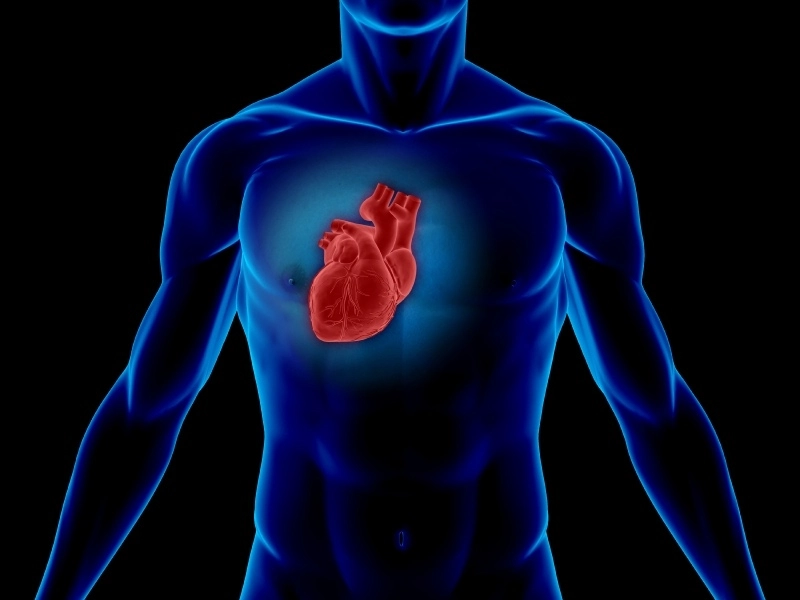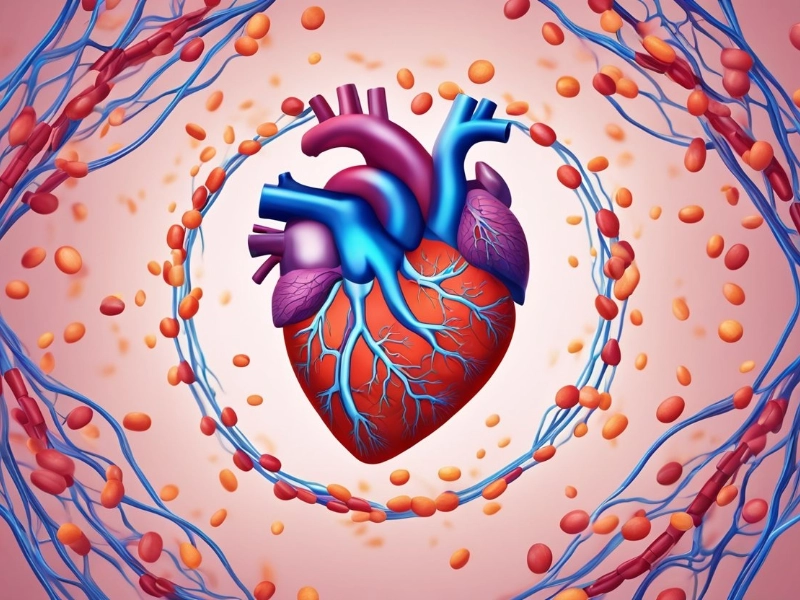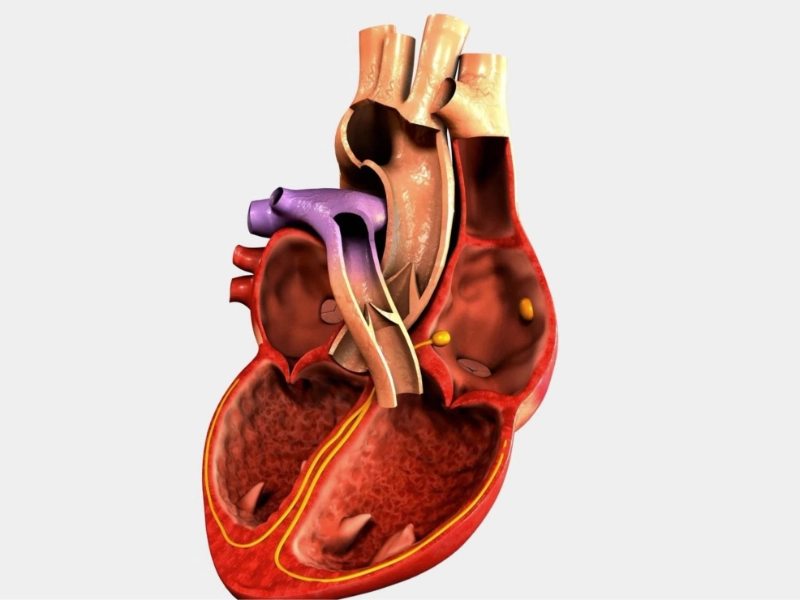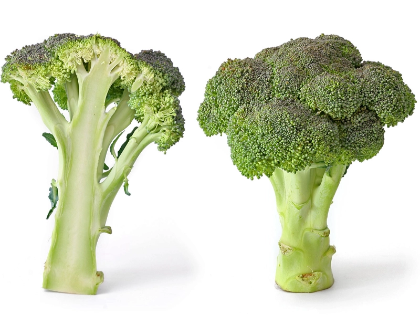Supporting Cardiovascular Health with Vitamin E
1. Appreciating E from vitamin E Maintaining general health depends critically on the fat-soluble antioxidant vitamin E. It appears in numerous forms; alpha-tocopherol is the most often known and physiologically active. This important vitamin supports several body processes and helps shield cells from oxidative damage. Its importance in cardiovascular health has attracted interest, thus it is a must-have element of a balanced diet.

3. cholesterol levels and vitamin E Studies imply that vitamin E could help to lower cholesterol. Usually referred to as "bad," low-density lipoprotein (LDL) cholesterol has been found to be maintained in good levels by it. Elevated LDL cholesterol can cause artery plaque to develop, therefore raising the heart disease risk. Supporting appropriate cholesterol levels helps vitamin E improve cardiovascular health.
 4. Agents of Vitamin E One good approach to increase your consumption of this vital vitamin is to include foods high in vitamin E into your diet. Excellent sources include nuts (particularly almonds and hazelnuts), seeds (like sunflower seeds), vegetable oils (such wheat germ oil and sunflower oil), and green leafy vegetables (such spinach and kale). Including several of these foods in your meals can help you to readily satisfy your daily vitamin E needs.
5. recommended daily consumption Age and gender affect the advised dietary allowance (RDA) for vitamin E. Adults should get about 15 milligrammes (22.4 International Units) daily. Although getting vitamin E from food sources is usually safe, too much supplements may cause side effects. Thus, the best way to guarantee enough consumption is to concentrate on a balanced diet high in whole foods.
4. Agents of Vitamin E One good approach to increase your consumption of this vital vitamin is to include foods high in vitamin E into your diet. Excellent sources include nuts (particularly almonds and hazelnuts), seeds (like sunflower seeds), vegetable oils (such wheat germ oil and sunflower oil), and green leafy vegetables (such spinach and kale). Including several of these foods in your meals can help you to readily satisfy your daily vitamin E needs.
5. recommended daily consumption Age and gender affect the advised dietary allowance (RDA) for vitamin E. Adults should get about 15 milligrammes (22.4 International Units) daily. Although getting vitamin E from food sources is usually safe, too much supplements may cause side effects. Thus, the best way to guarantee enough consumption is to concentrate on a balanced diet high in whole foods.
 6. Possible Medical Advances Apart from its function in cardiovascular health, vitamin E has several other advantages for health. Protecting against age-related macular degeneration helps immune system, skin, and even eye health. These extra advantages make vitamin E a great supplement for general well-being, thereby underlining the need of include it in your regular diet.
7. Value of Harmony Although vitamin E is good, a balanced diet is absolutely vital. Dependency too much on supplements could cause imbalances and possibly health hazards. While supporting cardiovascular health, a diet high in fruits, vegetables, whole grains, and healthy fats can offer a broad assortment of nutrients including vitamin E. Seeking balance guarantees that you get the whole range of minerals and vitamins required for best health.
6. Possible Medical Advances Apart from its function in cardiovascular health, vitamin E has several other advantages for health. Protecting against age-related macular degeneration helps immune system, skin, and even eye health. These extra advantages make vitamin E a great supplement for general well-being, thereby underlining the need of include it in your regular diet.
7. Value of Harmony Although vitamin E is good, a balanced diet is absolutely vital. Dependency too much on supplements could cause imbalances and possibly health hazards. While supporting cardiovascular health, a diet high in fruits, vegetables, whole grains, and healthy fats can offer a broad assortment of nutrients including vitamin E. Seeking balance guarantees that you get the whole range of minerals and vitamins required for best health.
 8. Lifestyle Choices Influencing Heart Condition Apart from food decisions, some lifestyle choices might affect cardiovascular condition. Heart health depends critically on regular physical activity, a good weight, stress management, and avoidance of smoking. Combining these good living habits with a diet high in vitamin E offers a complete strategy to enhance cardiovascular health.
9. Summary Vitamin E's antioxidant qualities and capacity to help to sustain normal cholesterol levels make it absolutely essential in supporting cardiovascular health. You can improve your heart condition and general well-being by including foods high in vitamin E into your diet and stressing a well-balanced nutritional approach. Recall that encouraging long-term cardiovascular health mostly depends on a comprehensive strategy comprising a good lifestyle and dietary choices.
8. Lifestyle Choices Influencing Heart Condition Apart from food decisions, some lifestyle choices might affect cardiovascular condition. Heart health depends critically on regular physical activity, a good weight, stress management, and avoidance of smoking. Combining these good living habits with a diet high in vitamin E offers a complete strategy to enhance cardiovascular health.
9. Summary Vitamin E's antioxidant qualities and capacity to help to sustain normal cholesterol levels make it absolutely essential in supporting cardiovascular health. You can improve your heart condition and general well-being by including foods high in vitamin E into your diet and stressing a well-balanced nutritional approach. Recall that encouraging long-term cardiovascular health mostly depends on a comprehensive strategy comprising a good lifestyle and dietary choices.







